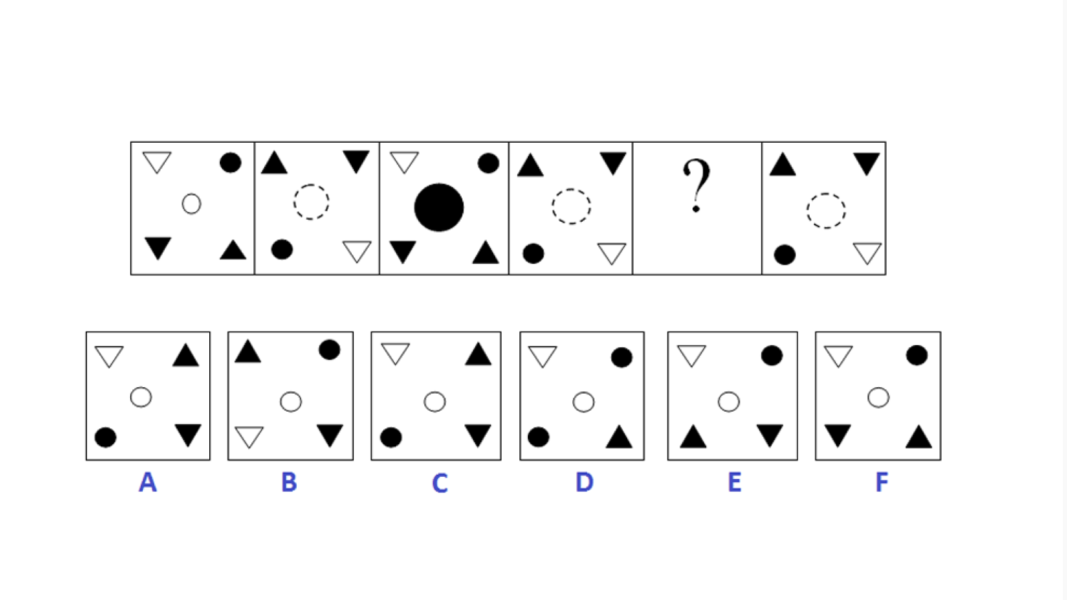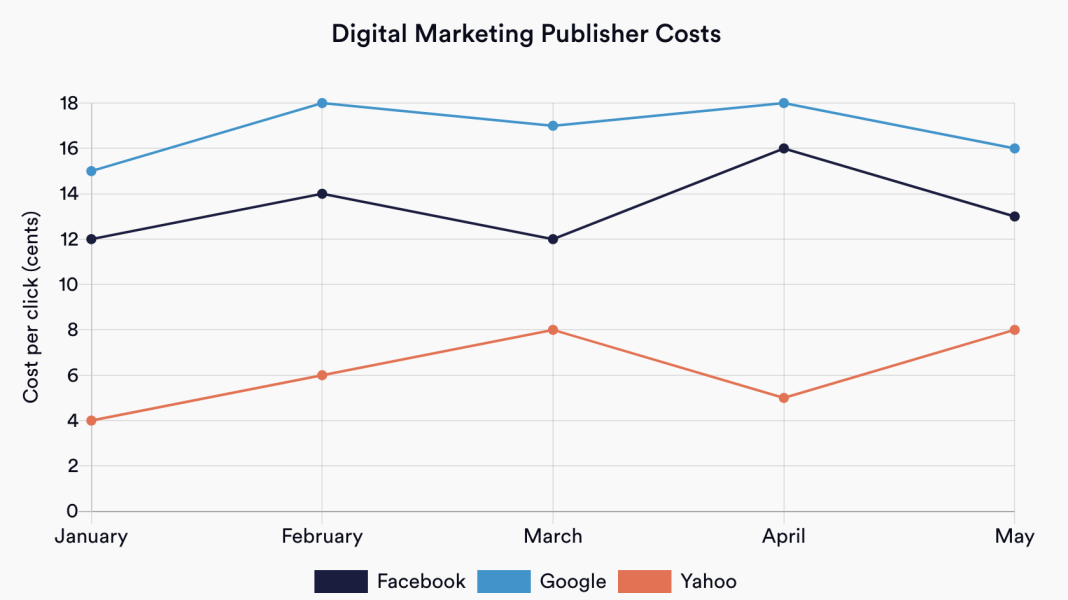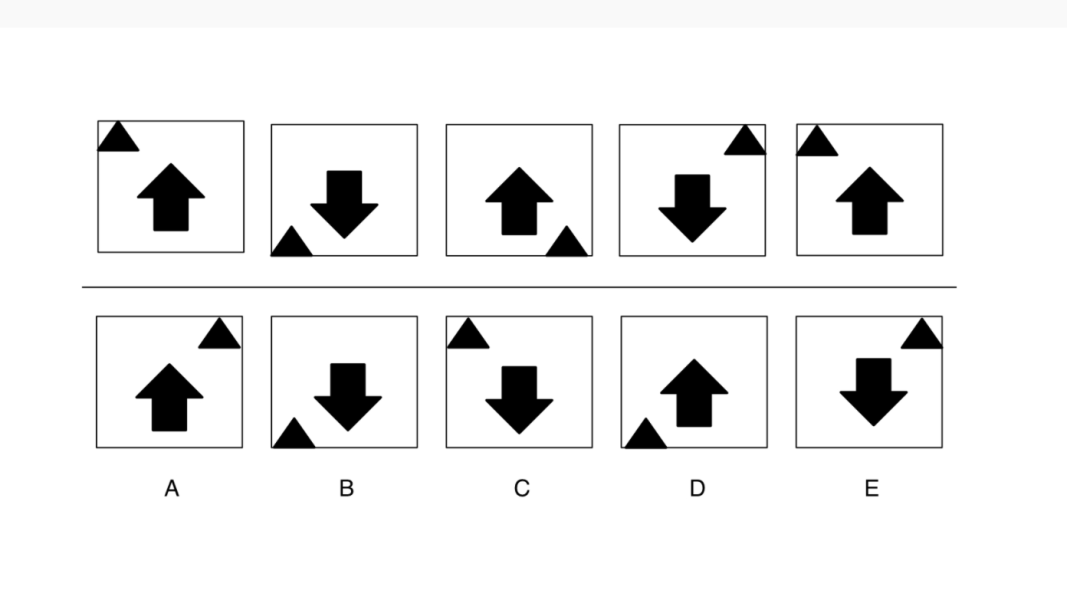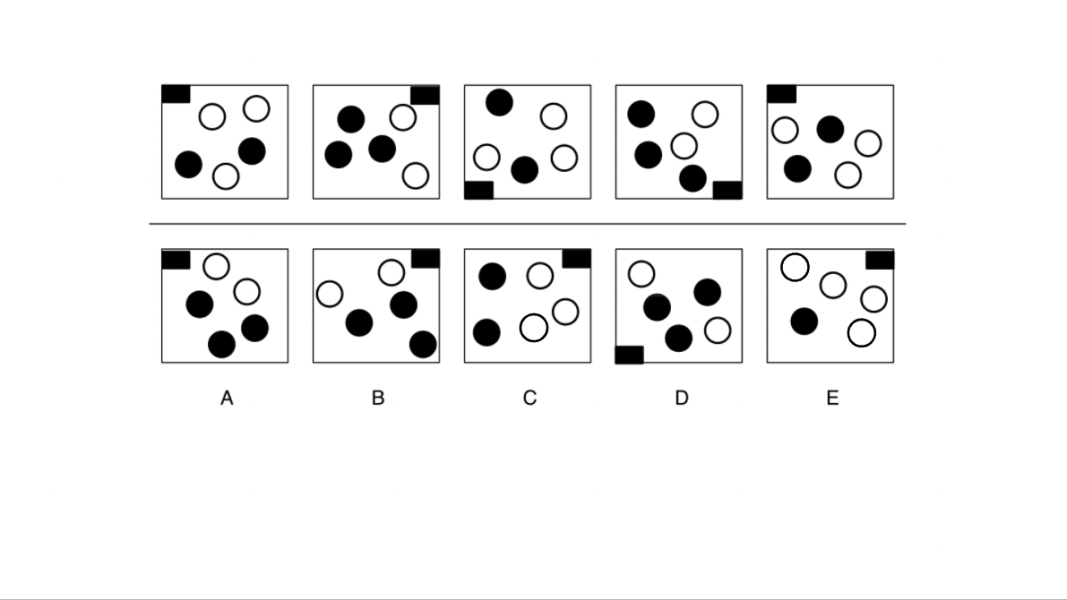What is an analytical reasoning test?
An analytical reasoning test is a type of aptitude test that is often used by employers to assess a job candidate’s ability to think critically and solve complex problems.
As well as these skills, employers want to see evidence that you can keep calm under pressure and work quickly against the clock.
The test is nearly always timed, meaning you don’t have long to work through each question to find the correct answer.
Depending on which type of job you’re applying for, the test you take may be in the style of verbal reasoning, non-verbal reasoning, inductive reasoning or deductive reasoning. As such, it’s worth practicing as many different types of tests as you can to familiarise yourself with the questions.
The analytical reasoning test is widely used because it looks for skills that are sought after in almost every industry. It helps employers find candidates who will be quick to learn, adapt and solve problems.
Why do use analytical reasoning tests?
Employers use analytical reasoning tests to assess candidates’ ability to analyze complex information, make logical deductions, and solve problems effectively. These tests help employers evaluate candidates’ critical thinking skills, decision-making abilities, and aptitude for handling challenging situations. By administering analytical reasoning tests, employers can identify candidates who possess the cognitive abilities necessary for success in roles that require analytical thinking, such as management, finance, engineering, and data analysis. Additionally, these tests provide employers with valuable insights into candidates’ problem-solving approaches and their capacity to navigate intricate scenarios, aiding in the selection of the most suitable candidates for the job.
As applicants have to work harder and harder to make their CV stand out, an aptitude test like this is a good way of ensuring candidates possess the necessary skills.
It’s common for employers or recruiters to set the analytical reasoning test before the interview stage, so they can select candidates based on their test performance. The test therefore acts as a filter, ensuring employers get to meet the people they believe are most likely to excel.
Completing a good analytical reasoning test gives an indication that you’re a strong critical thinker who can rise to the challenge – an attractive proposition for any employer.
How do analytical reasoning tests work?
An employer will select the type of analytical reasoning test (verbal, non-verbal, inductive or deductive) based on the skills they want to examine.
Finding out exactly which type of test you’ll be taking is helpful so you can focus your preparation, but if you don’t know we recommend trying out all of the different mock tests to familiarise yourself with the individual question styles and formats.
When you take the test, you’ll normally have around one minute to answer each question – which is yet another reason to familiarise yourself with the kinds of questions you’re likely to be asked.
Here’s a brief overview of the four different test types:
- Verbal reasoning – requires you to read through long passages of text and showcase your comprehension and analysis skills by answering a series of questions on what you’ve just read.
- Non-verbal reasoning – presents you with images such as graphs, pictures and patterns, and requires you to use your logic and problem-solving skills to decipher the rule that connects the sequence.
- Inductive reasoning – equips you with certain facts or information, and then asks you to make predictions or assumptions based on that evidence.
- Deductive reasoning – will ask you to use the statements given to you to make further statements of fact.
After the test, your score will be calculated and compared to those of the other individuals who took the same test, or a normative group (which can help an employer see how well you fared compared to previous candidates).
Verbal Reasoning Tests
Verbal reasoning tests examine your ability to draw out key information from long, often complex passages of text, to form a conclusion. Very often this takes the form of questions to which you would select ‘true’, ‘false’ or ‘cannot say’ as the response.
No prior knowledge of the subject matter is required, but it is important to practice verbal reasoning tests as it can take a while to get used to the question format.
You will need to be able to distinguish between what’s fact and what’s merely being inferred when you’re reading through the passages of text. This shows an employer that you have the comprehension, logic and analytical skills they’re looking for.
Practising verbal reasoning tests before you take the one that really matters is vital if you want to showcase the best of your abilities to a potential employer. The more mock tests you take, the better you’ll get at sifting through the passages of text for evidence, quickly assimilating the information and confidently deciding what’s true, false or uncertain.
You’ll normally have around one minute to answer each question on the verbal reasoning test (although it’s always worth checking this is the case with your test when you begin). It’s important you don’t spend ages on a challenging problem, as you could end up not answering other questions that you might have easily been able to answer.
At the end, if you have time left you can always go back to anything you weren’t sure about and have another go.
The verbal reasoning test is most commonly used by employers or recruiters hiring for roles where strong communication skills are critical – which applies to most jobs, hence their popularity.
Non-Verbal Reasoning Tests
Non-verbal reasoning tests comprise graphs, tables and data, and the accompanying questions will assess how adept you are at drawing conclusions from limited information, finding connecting patterns and working quickly under considerable time pressure.
These types of analytical reasoning tests are often part of the application process for roles in industries such as finance, engineering and HR.
The best way you can prepare for a non-verbal reasoning test is to take as many mock tests as you can. After you’ve completed a test, it’s important to look back through your answers and identify your weaker areas, so you know where you need to direct your focus.
Not only will practising ensure you get quicker and better, it’ll also help you familiarise yourself with the different graphs, tables and images you’re likely to be confronted with on a non-verbal reasoning test.
As with the verbal reasoning test, you normally get around one minute to answer each question, so finding the right balance between speed and accuracy is really important – something that you’ll find a lot easier if you’ve put the practice time in beforehand.
A successful non-verbal reasoning test will prove to an employer that you have the critical thinking, reasoning and logical skills needed to cope with the demands of the job you’re applying for.
Inductive / Deductive Reasoning Tests
If you’re asked to take an inductive test or deductive test, you’re essentially being asked to show how well you can identify patterns and use your logic. Although the overall skills you’ll demonstrate are very similar, the two tests are slightly different.
Inductive reasoning test – you’ll need to identify relationships between statements, images or facts and figures, and use this analysis to show, logically, what should come next.
Deductive reasoning test – you’ll be given a statement of fact and you’ll need to use this information to deduce another factually correct statement.
These aptitude tests are most commonly used in the hiring of science, tech and IT roles, as the type of skills they seek to showcase – logical thinking, identifying patterns, problem solving and critical thinking – are all valuable in these industries.
So even if you have the type of brain that finds these kinds of problems easier than most, it’s always worth practising inductive/deductive reasoning tests beforehand to familiarise yourself with the specific style of question, and what’s required of you in a short amount of time.

















